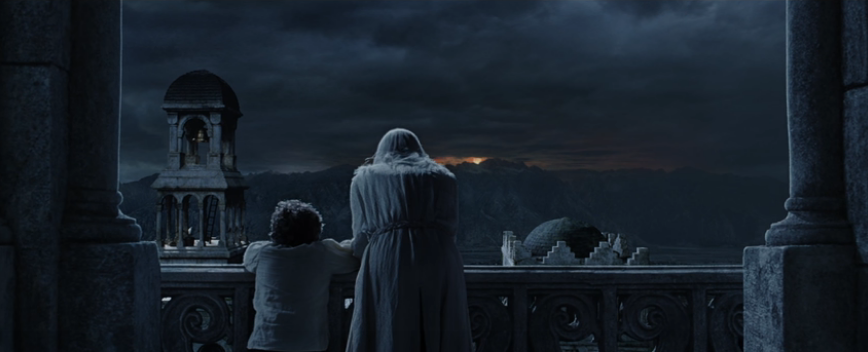Due to the events currently taking place in New Zealand, we had to postpone continuing The Resistance series. The events including mandated vaccines for health care professionals, teachers and others as well as rules that will punish churches who choose to operate non-segregated services. This only goes to prove what we suggested at the beginning of this series.
It certainly feels like we are on the edge of something. And when I say “something”, I do not mean pink cupcakes with chocolate sprinkles. More the kind of something that Gandalf refers to when sitting with Pippin on the walls of Minas Tirith and says, “It’s the deep breath before the plunge.”
Things are certainly intensifying, fault lines are showing, and we are beginning to see division. In some ways this is healthy. All around New Zealand the reactions to what is going on are telling. We learn which pastors are courageous, and those who can only talk a good game. Those who have sold out because of their desire to look socially acceptable to the powers that be are obvious as are those who are controlled by fear of man rather than fear of God. We continue to see the divide between Christians who actually have a Christian worldview and those who have a personal faith, but have been deluded by the shallow and deceptive philosophies of this world. I suspect these divisions will become clearer and lead to changing alliances and movement among churches.
So now is a good time to once again continue our series on Christian resistance in these times. Thus far we have covered the first 3 requirements: repentance over individual and corporate sin, dependence on the Word, Spirit and prayer and confronting the dualism that has stripped the church and its members of strength.
Today we will briefly focus on the fourth requirement of Christian Resistance.
We must develop and practise an evangelism that not only calls for personal salvation, but Christ’s lordship in every sphere of life. In other words we must disciple the nations to obey everything that Christ taught and call unbelievers to recognise Christ’s kingship on earth.
Read More